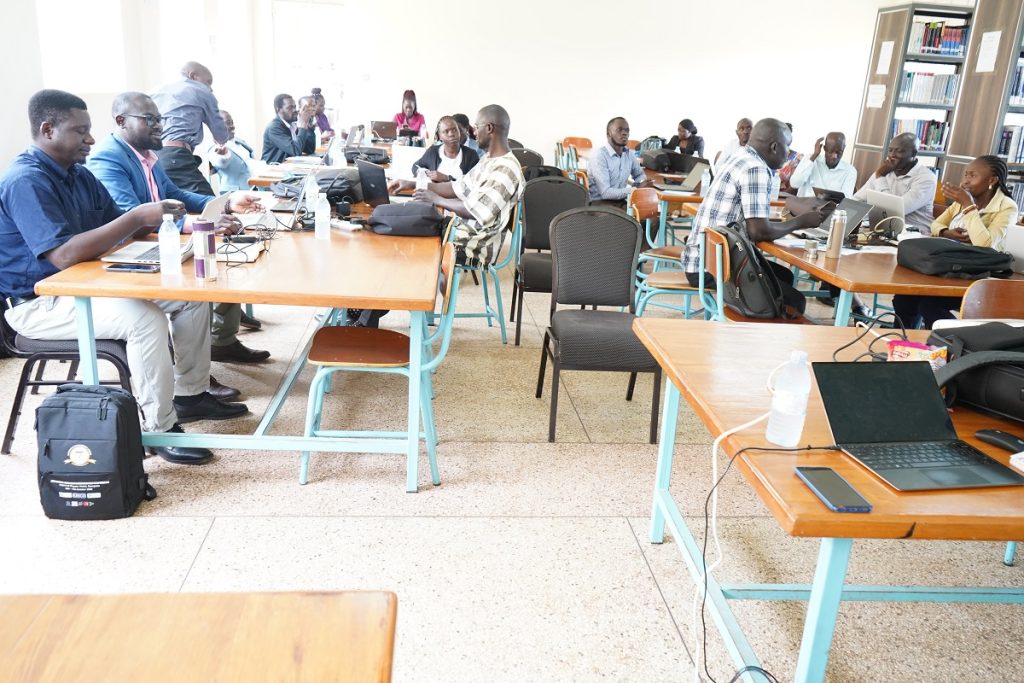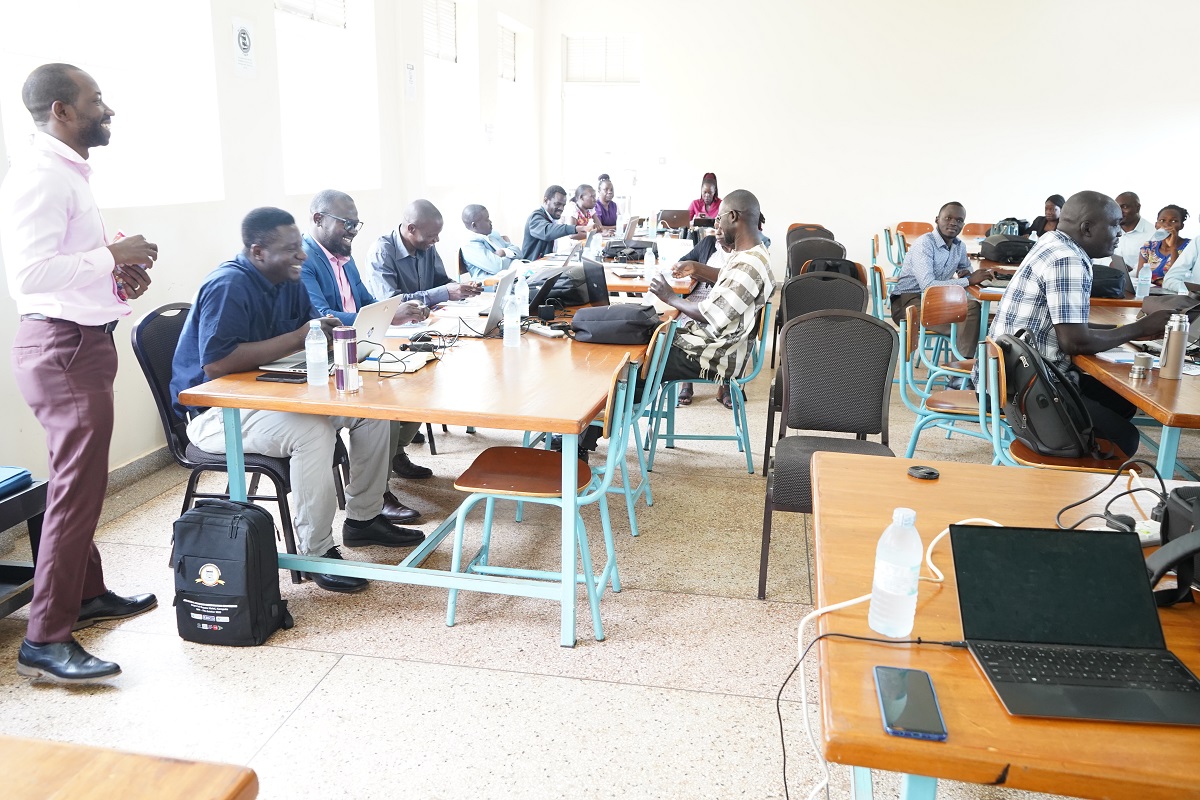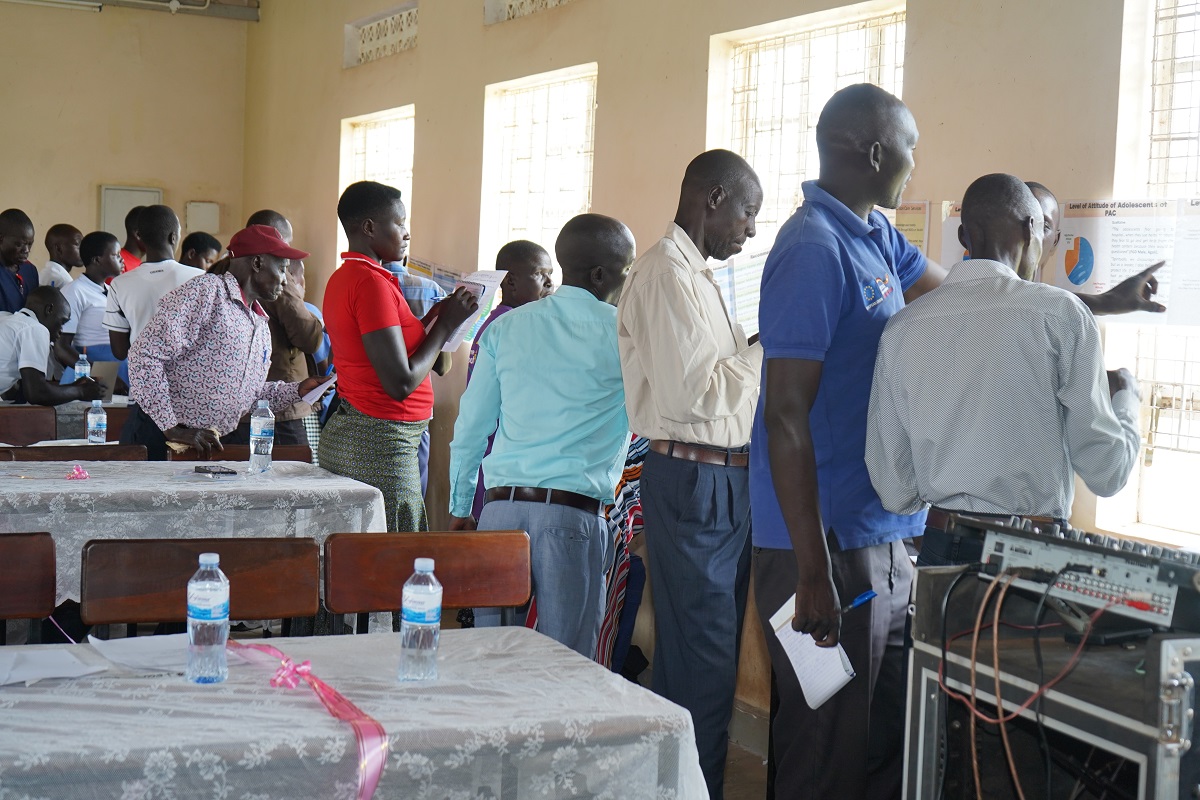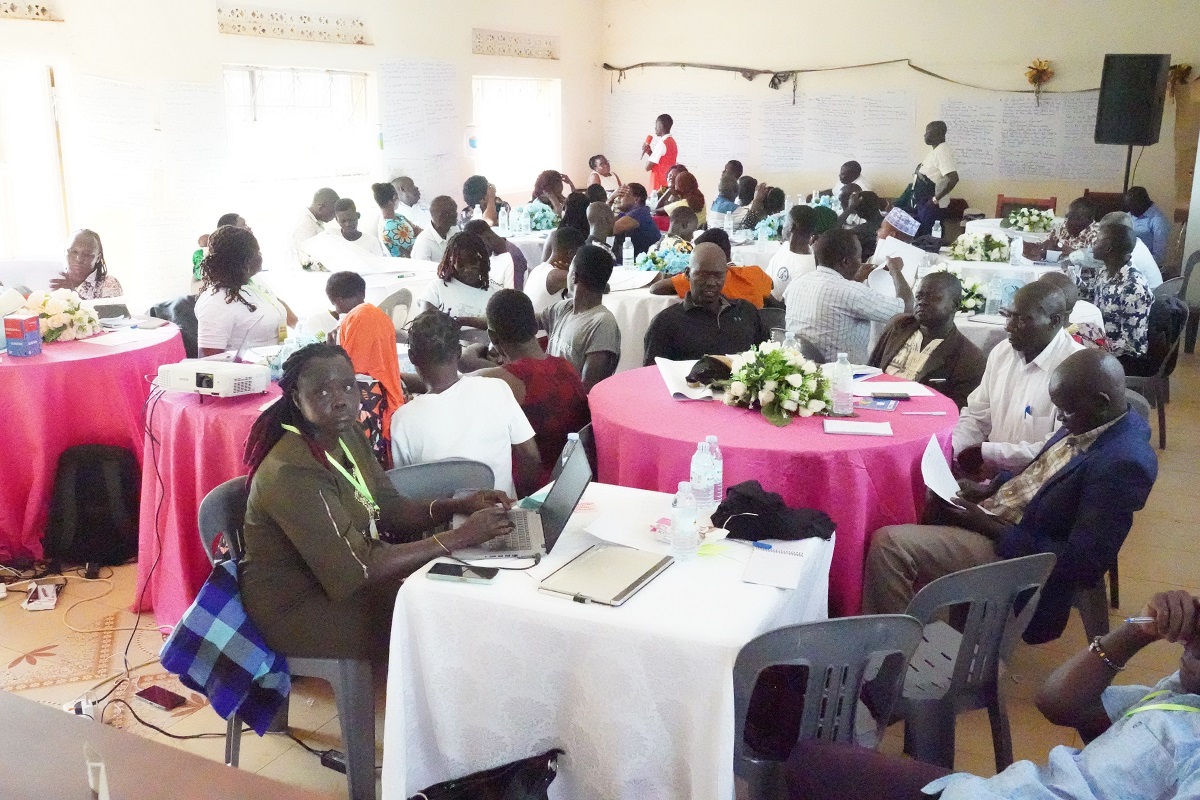By Patrick Opio
Senior Communications Officer
The Research and Education Network for Uganda (RENU) has trained Lira University staff on Open and Research Contributors-ID(ORCID) navigating skills to boost research work.
RENU’s Daniel Kawuma said the ORCID training will help researchers (staff and students) and the University improve research visibility and management by providing a unique persistent identifier that disambiguates names, saves time, and connects a researcher’s work across different platforms.
He was making a presentation at Education Block Library Hall on 21st October 2025.
For the University benefit, Mr. Kawuma said, the ORCID training streamlines tracking research impact and reducing reporting burden. “For researchers, it improves discoverability of their publications and activities, and facilitates integration with publishers, funders, and other research workflows,” Kawuma explained.

“A researcher can enter data once and reuse it across various platforms, reducing repetitive form-filling, build a complete record of the research activities and outputs in one place, including publications, datasets, and peer review, connect with hundreds of other research platforms, publishers, and funders, creating a portable and persistent link to one’s work,” he said.
To support research visibility and collaboration, Mr. Kawuma said, ORCID provides a strong tool for promoting open science, enhancing digital scholarship, and fostering greater visibility and collaboration in research.
Mr. Andrew Ojulong, the Librarian, said, the ORCID improves visibility and discoverability and ensures research outputs and activities are correctly attributed to the researcher, making them easier to find.
He lauded RENU for always supporting the University through provision of modern/updated digital services and human resource capacity building.
On disambiguation, Mr. Ojulong said, the ORCID distinguishes a researcher from others with similar names, ensuring their work is credited correctly.
In summary, ORCID is a free, unique, and persistent digital identifier that distinguishes researchers and their work from others. It provides a portable and trustworthy profile that links a researcher’s name to their research outputs, such as publications, datasets, and grants, helping to ensure they receive proper credit for their contributions. ORCID is integrated with many publishing, funding, and institutional systems to reduce administrative burdens and improve the discoverability of research







